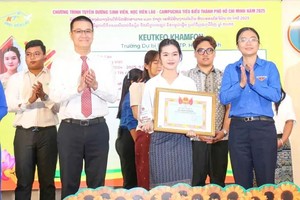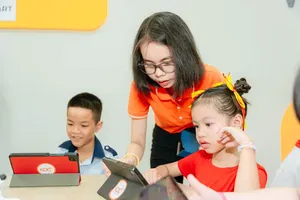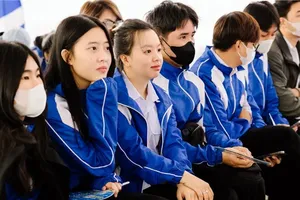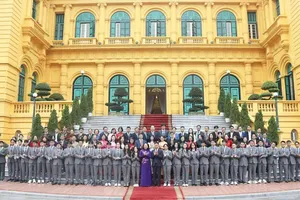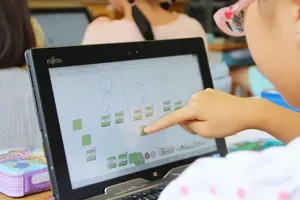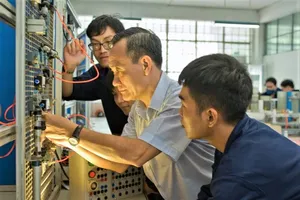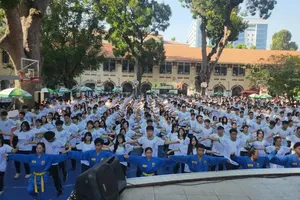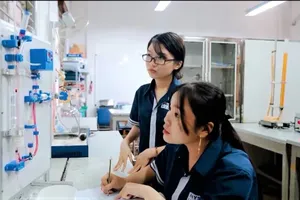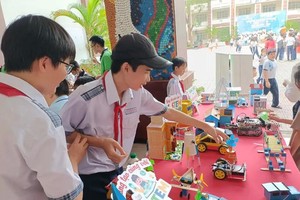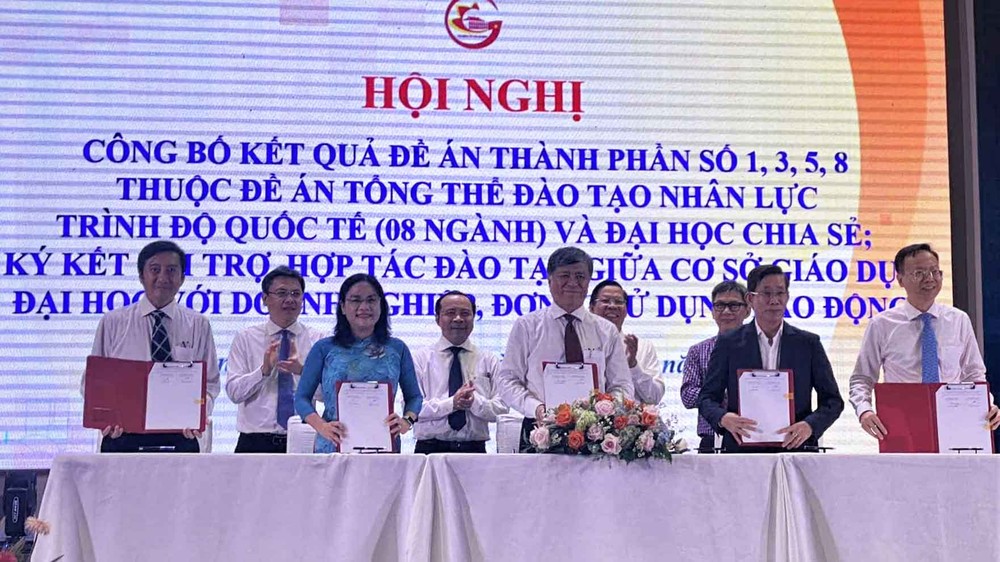
The training program covers sectors including information technology and communication, mechanical engineering and automation, artificial intelligence, business administration, finance and banking, healthcare, tourism, and urban management.
On July 5, 2021, the Ho Chi Minh City People's Committee approved the project on training international-standard human resources for the 2020-2035 period and the shared university model in accordance with Action Program No. 02-CTrHĐ/TU dated December 31, 2020, of the Ho Chi Minh City Party Committee on implementing the Resolution of the 11th Congress of the Ho Chi Minh City Party Committee for the 2020-2025 term.
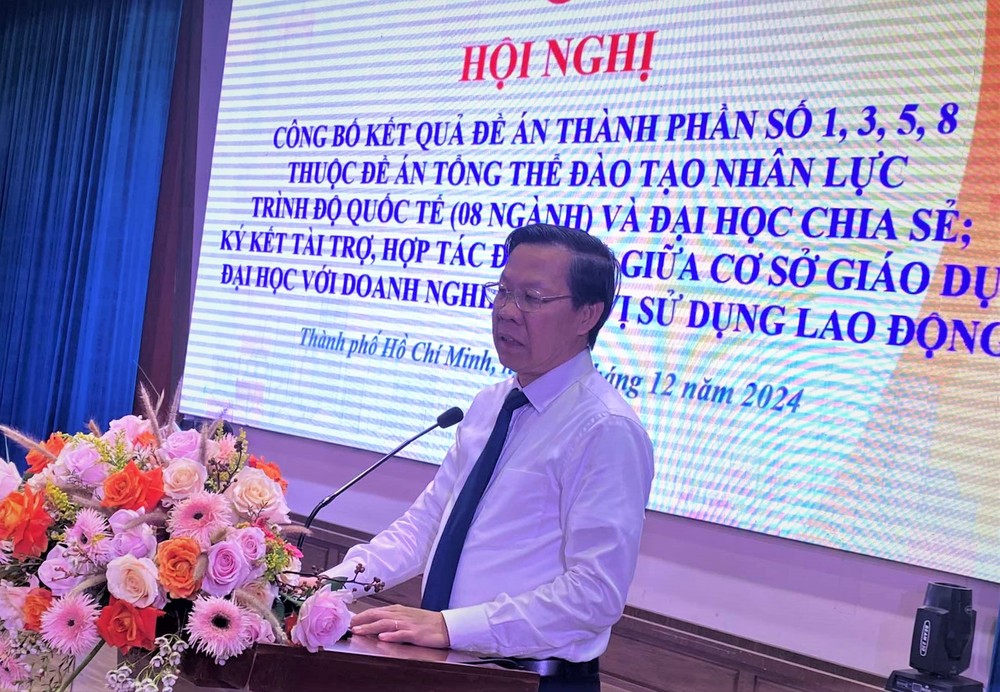
As of now, 6 out of the 9 component projects have been accepted. Two out of 9 projects are currently under research and are expected to be accepted in 2025, while one project is still under assessment for task assignment.
The project aims to provide undergraduate and postgraduate programs on training international-standard human resources in eight sectors, contributing to the development of a high-quality workforce, creating a competitive advantage, and fostering economic growth for Ho Chi Minh City in particular and Vietnam in integrating into the global value chain. The project also aligns with the comprehensive education reform and the trend of workforce globalization.
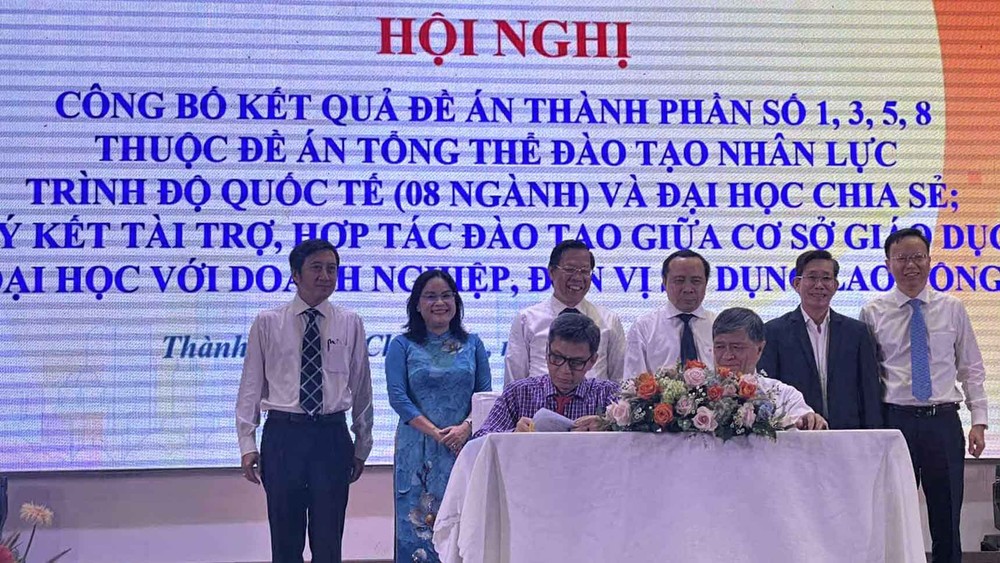
At the conference, the Ho Chi Minh City Department of Science and Technology handed over projects in the areas of information technology and communication, artificial intelligence, finance and banking, and urban management to the Department of Education and Training of the city for implementation. The municipal Department of Education and Training signed a handover protocol on the implementation of the projects with educational institutions and a sponsorship and training cooperation agreement with higher education institutions, businesses, and employers.
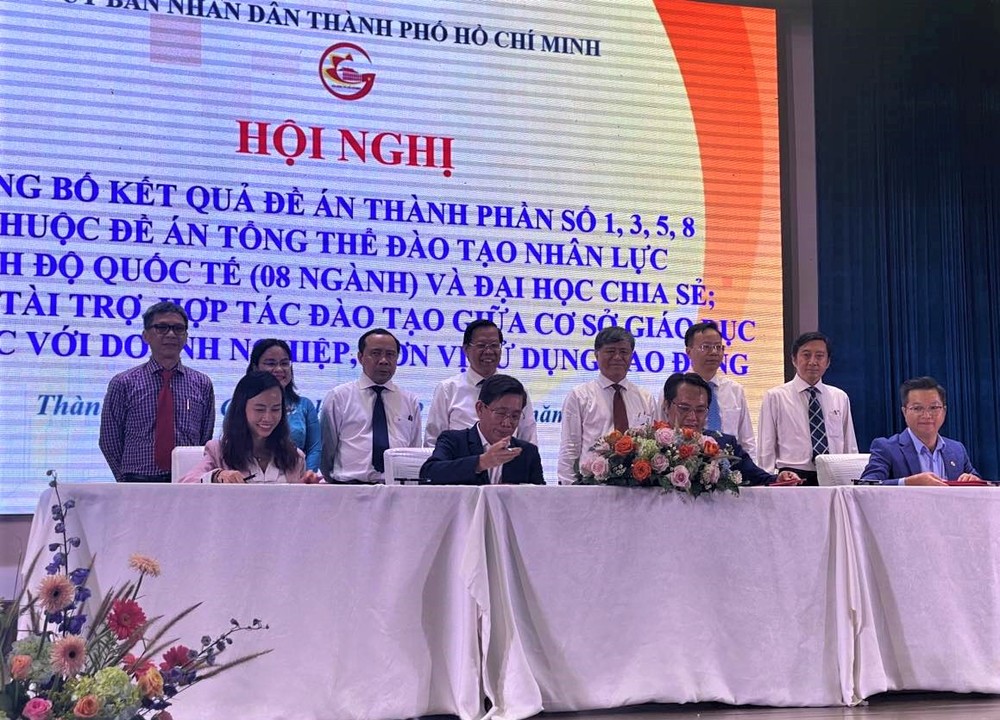
Speaking at the event, chairman of the Ho Chi Minh City People’s Committee Phan Van Mai required the universities assigned to implement the projects to review and compare the pilot results with science and technology research results for the completion of products. Especially, the training programs should focus on international standards, closely aligned with the actual needs of businesses and employers, so that the output products directly meet the demands of the labor market.


